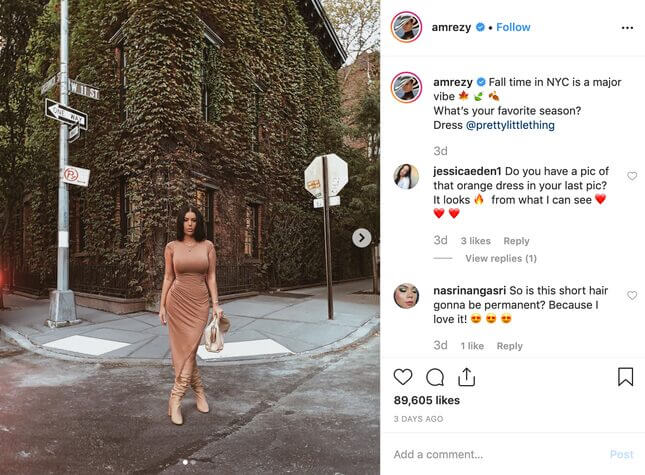The Influencers Are Striking Back
Latest

Last week, a fashion and beauty Instagram influencer (and self-described artist) named Amra Olević Reyes made the courageous decision to come to the defense of… influencers. “The only people that discredit influencers are those that tried it and didn’t succeed,” she argued on Twitter. Influencing requires an almost impossible plethora of skills since it’s “a hybrid of many jobs,” Reyes explained, adding that she didn’t “wanna hear no influencer slander again.” The complaint about criticism seemed to come from no where: why was she assuming that everyone who dislikes influencers operates out of jealousy?
In a follow-up interview, Reyes told BuzzFeed she was “constantly see[ing] people bashing influencers,” and chose to take a stand.
-

-

-

-

-

-

-

-

-

-

-

-

-

-

-

-

-

-

-

-

-

-

-

-

-

-

-

-

-

-

-

-

-

-

-

-

-

-

-

-








































